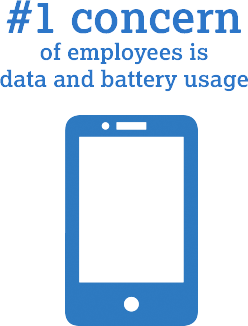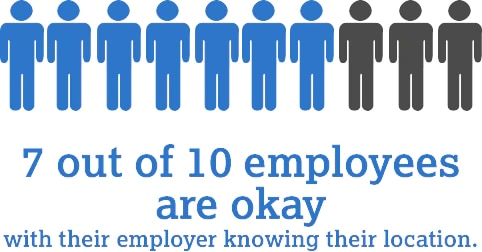*Offer Terms
Discount offer: 50% off the monthly price for QuickBooks Time Premium or Elite is for the first 3 months of service, starting from the date of enrollment, followed by the then-current monthly list price. Your account will automatically be charged on a monthly basis until you cancel. Upon activation of QuickBooks Time, your subsequent monthly charges will be $20 + $8/user for Premium, or $40 + $10/user for Elite. If you add or remove services, your service fees may be adjusted accordingly. Sales tax may be applied where applicable. To be eligible for this offer you must be a new QuickBooks Time customer and sign up for the monthly plan using the “Buy Now” option. This offer can’t be combined with any other QuickBooks Time offers. Offer available for a limited time only. To cancel your subscription at any time go to Account & Settings in QuickBooks and select “Cancel your plan.” Your QuickBooks Time cancellation will become effective at the end of the monthly billing period. The QuickBooks Time subscription will terminate immediately upon cancellation. You will not receive a prorated refund; your access and subscription benefits will continue for the remainder of the billing period. Terms, conditions, pricing, special features, and service and support options /subject to change without notice.
30-day free trial: First thirty (30) days of subscription to QuickBooks Time, starting from the date of enrollment is free. To continue using QuickBooks Time after your 30-day trial, you’ll be asked to present a valid credit card for authorization, and you’ll be charged on a monthly basis at the then-current fee for the service(s) you’ve selected until you cancel. Each worker is an additional $[8/10]/month depending on your selection of QuickBooks Time Premium or Elite. If you add or remove services, your service fees will be adjusted accordingly. Sales tax may be applied where applicable. To be eligible for this offer you must be a new QuickBooks Time customer and sign up for the monthly plan using the “Try it free for 30 days” option. This offer can’t be combined with any other QuickBooks Time offers. Offer available for a limited time only. To cancel your subscription at any time go to “Account & Billing” in QuickBooks Time and select the “Close Account” tab then “Permanently Close My Account.” You will not receive a prorated refund. Terms, conditions, pricing, special features, and service and support options subject to change without notice.
# Claims
Payroll Cost Savings: Based on a survey of 1,408 customers in the U.S. in August 2021. On average, businesses that report gross payroll costs savings save 4.00%.
Data Usage Claim: Based on anonymized customer mobile data usage collected between July 1, 2019, and Nov. 30, 2019.
**Product Information
Phone Support: For hours of support and how to contact support, click here.
System Requirement: QuickBooks Time requires a computer or a device with a supported Internet browser and an Internet connection (a high-speed connection is recommended). The QuickBooks Time mobile app works with iPhone, iPad, and Android phones and tablets. Devices sold separately; data plan required. Not all features are available on the mobile apps and mobile browser. QuickBooks Time mobile access is included with your QuickBooks Time subscription.




